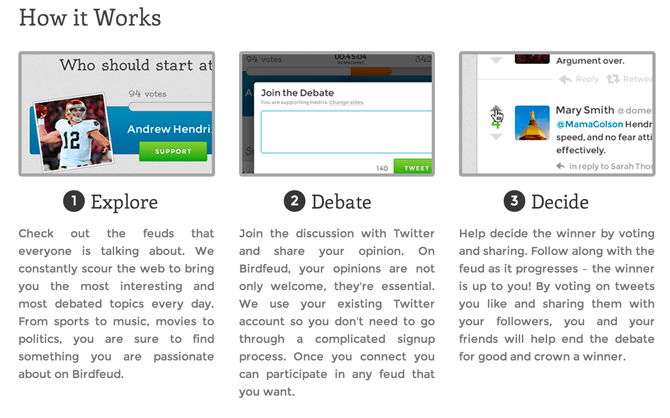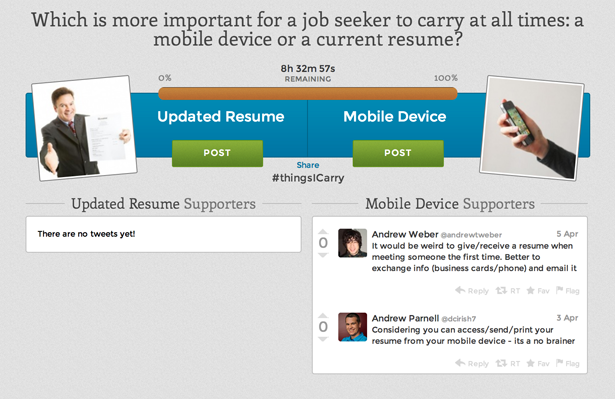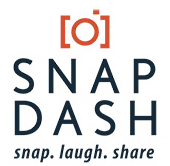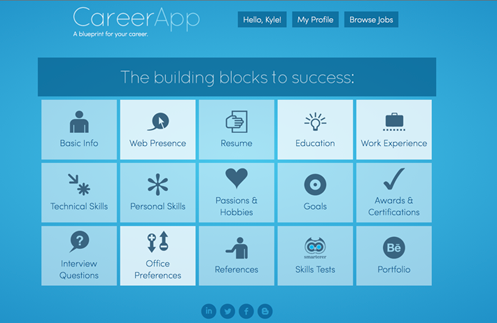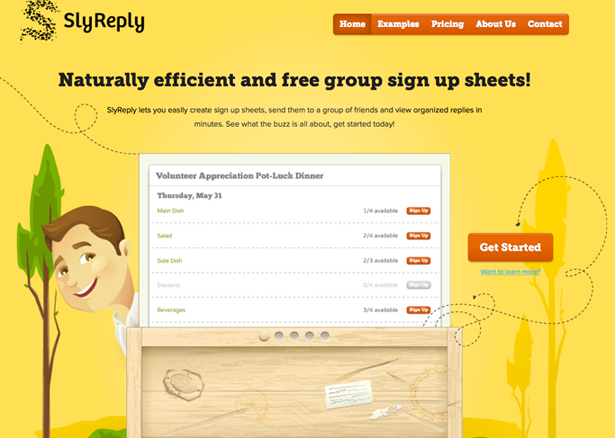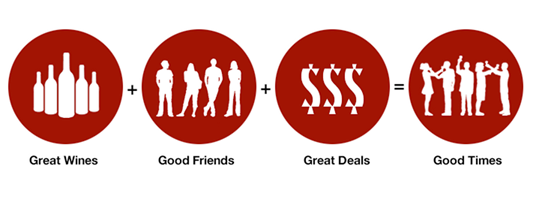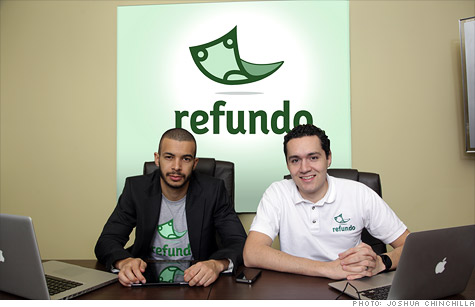 As the college school year starts to wind down next month, dumpsters will start filling to the brim with all the colorful stuff students purchased headed into the school year from Target. A lot of the housewares and dorm room goods will still be in new packaging. Why? Because gearing up for dorm life can be confusing. Often times it involves lots of trips to the store for things students are told they need but actually don’t.
As the college school year starts to wind down next month, dumpsters will start filling to the brim with all the colorful stuff students purchased headed into the school year from Target. A lot of the housewares and dorm room goods will still be in new packaging. Why? Because gearing up for dorm life can be confusing. Often times it involves lots of trips to the store for things students are told they need but actually don’t.
Well two cousins, Sagar Hemani (Missouri University alumn) and Shanil Wazirali (Texas A&M alumn) have set out to make moving into the dorm much simpler.
Their new startup Dormitup just opened its doors and offers a great new way for students and parents to get everything they need for the dorm in one click (or two). Dormitup provides predetermined packages that are filled with the things students actually need for dorm life.
Inbound college students and their parents can go to Dormitup’s website and order everything in one package. They can also customize their dorm room packages by color. Then everything is delivered to their home (or dorm room) ready to go. Students and parents can spend their last few weeks preparing for college, saying their good byes and having fun.
We got a chance to talk with Wazirali. Check out the interview below:
 What is your startup, what does it do?
What is your startup, what does it do?
Dormitup.com offers a convenient, affordable, and exciting way for incoming college students to purchase their campus essentials! We focus on providing everything that an incoming college student needs and wants, while maintaining an affordable price and providing high quality products!
Our Story:
Entering college was an exciting moment for us! We were both convinced that the next four years were going to be the best years of our lives!
After receiving our room assignments, we started our research on what to bring to college. This was a tough process. We both felt the need to buy everything on the 3-4 checklists we could get our hands on. We didn’t know any better. All we kept hearing was to make sure to purchase Twin XL bedding. We didn’t even know what Twin XL meant. We dragged our parents from store-to-store trying to find the bare essentials. It wasn’t easy. We both spent nearly a week trying to find these essentials because everything was sold out in stores. Our parents were overwhelmed and extremely frustrated by this process. We don’t blame them; entering college was supposed to be an exciting moment, not a burden.
Just as we thought we purchased everything, we entered our rooms and noticed that they were completely empty. Our parents had to make 3-4 more trips to local retail stores just to make sure we were fully prepared and weren’t missing anything. Both of our parents spent nearly $700, countless amount of gas money, and valuable time through this process.
We knew there had to be a better solution to all this madness?
All throughout college we remembered this horrifying process and came together, wanting to save the lives of all students entering college. We didn’t want other incoming college students to experience what we went through. Upon graduating from college, we knew it was time to launch Dormitup.com to provide incoming college students and their families a way to get all of their dorm room essentials, without having to waste time, money, and their sanities.
Where are you based?
Dallas, TX
What is the startup culture like where you are based?
More and more businesses are growing, especially by young entrepreneurs. It seems as if entrepreneurship is starting to be well accepted by people, and more and more people want to own their own businesses.
What problem does your startup solve?
We provide an enjoyable, hassle free, and affordable college shopping experience for parents and students. We do this by offering incoming college students the ability to choose between our four dorm room essentials packages, the opportunity to customize their essentials by the colors and styles of their choice, and the convenience to receive their customized dorm essentials package at their door steps.
What is one challenge that you’ve overcome in the startup process?
We’ve faced many challenges throughout our startup process. We’ve struggled anywhere from developing the products, to bootstrapping how we market our company to the public, to developing partnerships. The only answer to how we’ve overcome these challenges is being diligent. We’ve conducted years of extensive research and spent many late nights working and scratching our heads to develop the right products and business structure. Our investors and mentors have instilled in us to start small, but dream big, and that’s what we’ve been following. It’s diligence and perseverance that has brought us to launch our website today.
What are some of the milestones your startup has achieved?
We have our own Dorm It Up brand of products, which students will love! We also have a partnership with a major University!
What are your next milestones?
To aim to create a word of mouth business and a well established brand. Our objective is to have people talking about Dorm It Up when they think of college shopping. We aim to develop more and more University partnerships throughout the years, provide the best customer service to our Dorm It Up members, and get our packages in the hands of as many incoming college students as possible!
Who are your mentors and role models?
Our fathers and their third brother are our mentors and role models. They came from nothing and made themselves into successful businessmen. They have taught us the importance of working extremely hard with passion. Our mentors have also emphasized on being the start of something new and leading by example. They mentor us on a daily basis on what business decisions to make, how to be patient with business, how to make quick, yet intelligent decisions, and much more
What are some of the advantages/disadvantages growing your startup outside of Silicon Valley.
We’ve had the pleasure of having our family and friends, as well as our mentors to guide and support us on a daily basis here in Dallas, TX. We have all the resources we need here for our business.
What’s next for your startup?
We are marketing our eGift cards at this time, which allow parents to purchase eGift card packages, and let their graduate customize their package the way they want it. We are continuously working to develop new partnerships and find opportunities to market to parents and graduating high school seniors.
Where can people find out more?
Visit dormitup.com for any information. Our Facebook link is facebook.com/dormitup. Find us on Twitter @dormitup



